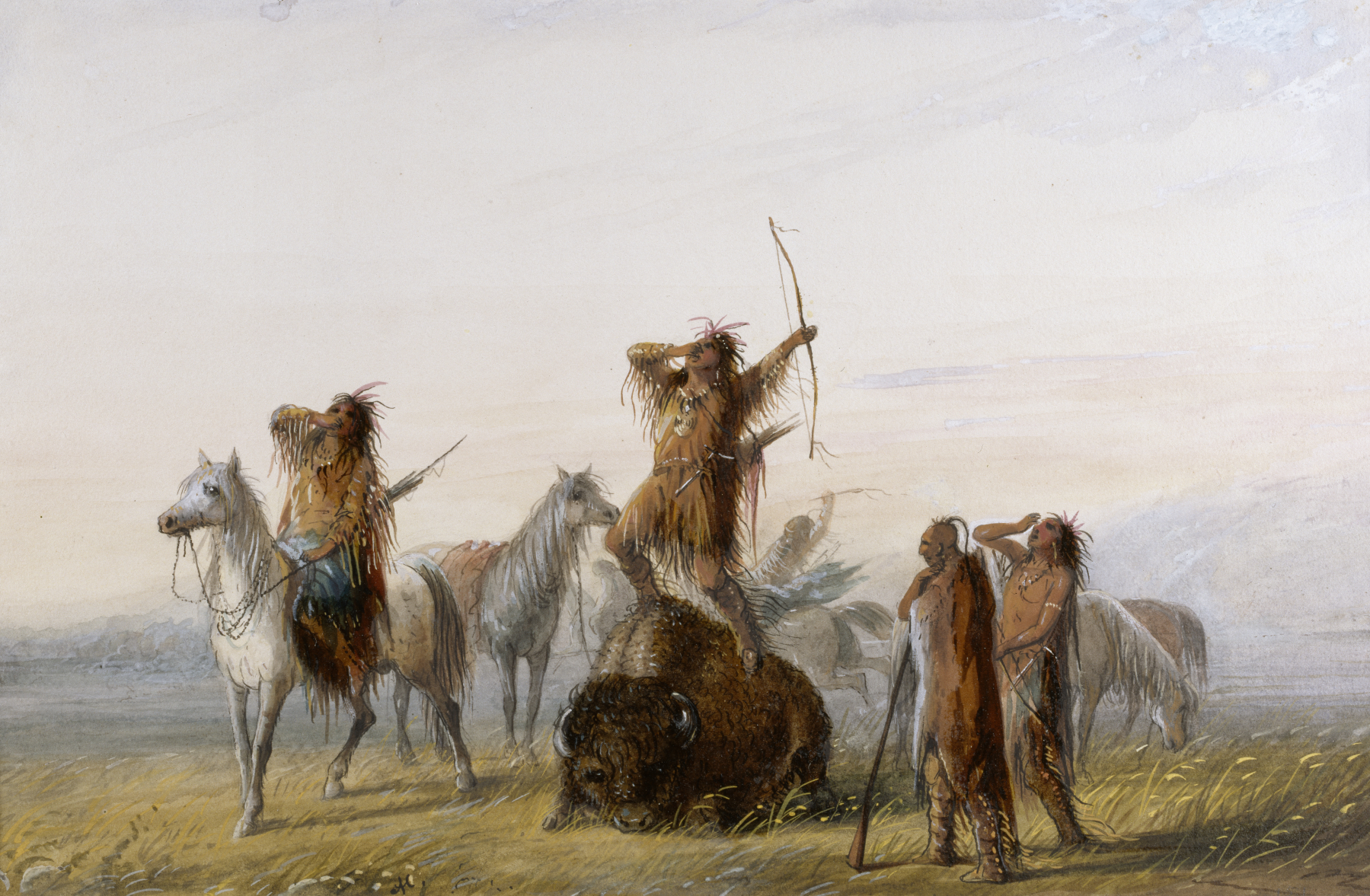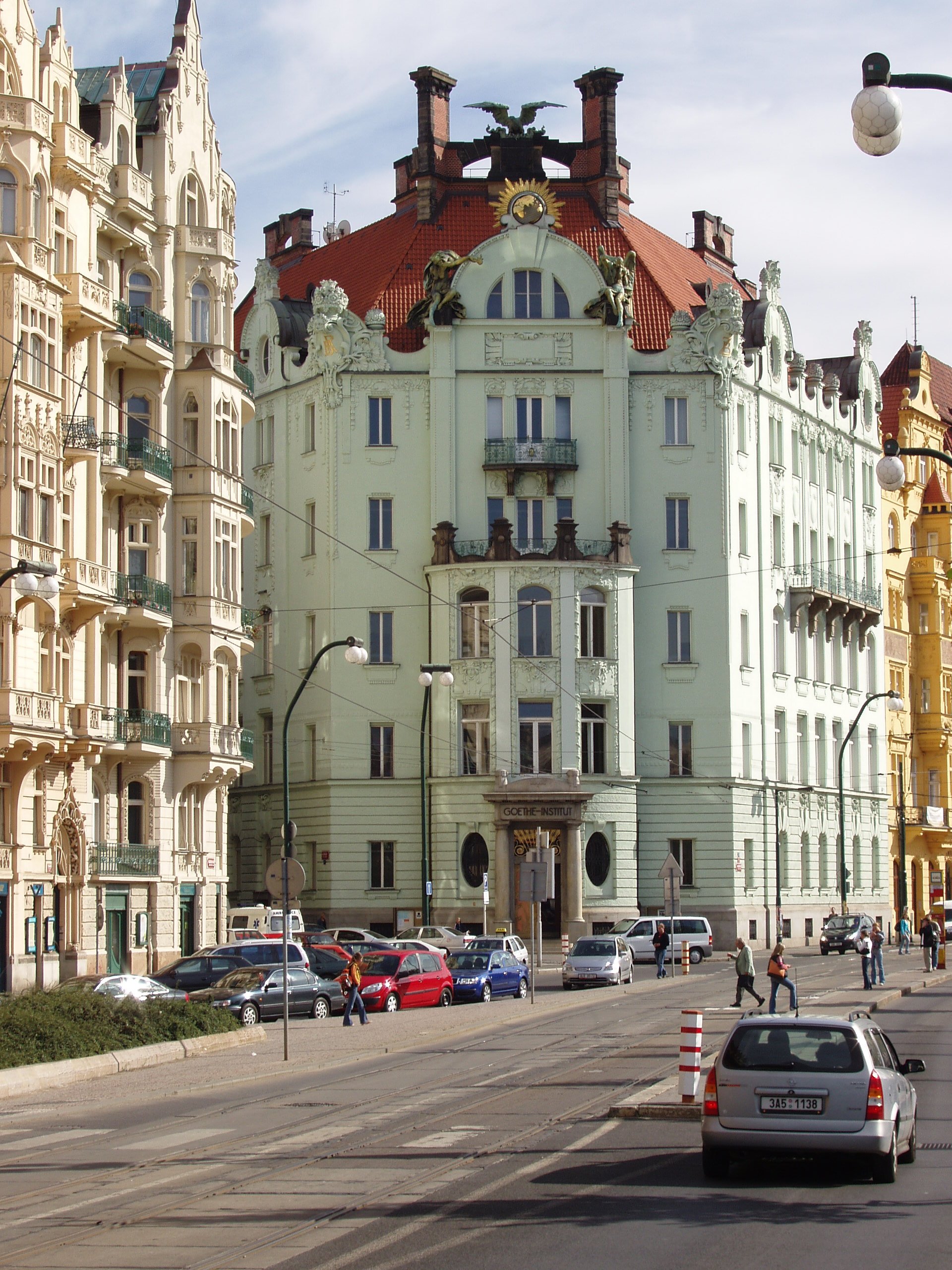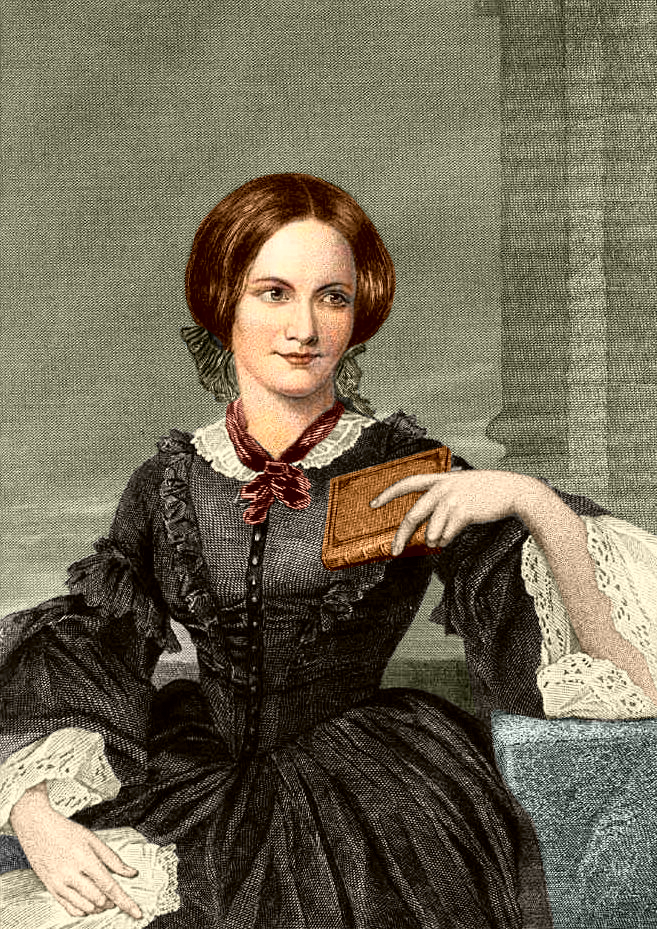|
Coup De Grâce (1976 Film)
''Coup de Grâce'' (German: ''Der Fangschuss'', French: ''Le Coup de grâce'') is a 1976 West German drama war film directed by Volker Schlöndorff. Adapted from the novel ''Coup de Grâce'' by the French author Marguerite Yourcenar, the war film explores passion amid underlying political tones. The title comes from the French expression, meaning "finishing blow". An opening title dedicates the film to Jean-Pierre Melville, for whom Schlöndorff had worked as an assistant director. Plot In 1919 Latvia, a detachment of German Freikorps soldiers is stationed in a country chateau, referred to as Kratovice, not far from Riga, to fight Bolshevik guerrillas in the Latvian War of Independence, one element of the much broader Russian Civil War that followed the Bolshevik Revolution. The soldiers, led by Erich von Lhomond, are welcomed with open arms by the mansion's inhabitants, including Countess Sophie von Reval, her half-senile Jewish aunt Praskovia, and some servants. The chateau, ... [...More Info...] [...Related Items...] OR: [Wikipedia] [Google] [Baidu] |
Volker Schlöndorff
Volker Schlöndorff (; born 31 March 1939) is a German film director, screenwriter and producer who has worked in Germany, France and the United States. He was a prominent member of the New German Cinema of the late 1960s and early 1970s. He has won an Academy Awards, Oscar as well as the Palme d'Or at the 1979 Cannes Film Festival for ''The Tin Drum (film), The Tin Drum'' (1979), the film version of the novel by Nobel Prize in Literature, Nobel Prize-winning author Günter Grass. Early life Volker Schlöndorff was born in Wiesbaden, then part of Nazi Germany, to the physician Georg Schlöndorff. His mother was killed in a kitchen fire in 1944. His family moved to Paris in 1956, where Schlöndorff won awards at school for his work in philosophy. He graduated in political science at the University of Paris, Sorbonne, while at the same time studying film at the Institut des hautes études cinématographiques, where he was friends with Bertrand Tavernier and met Louis Malle. Mal ... [...More Info...] [...Related Items...] OR: [Wikipedia] [Google] [Baidu] |
Coup De Grâce
A coup de grâce (; ) is an act of mercy killing in which a person or animal is struck with a melee weapon or shot with a projectile to end their suffering from mortal wounds with or without their consent. Its meaning has extended to refer to the final event that causes a figurative death. Today, a coup de grâce for incapacitated soldiers would be a war crime: the laws of war mandate caring for the incapacitated and prohibit mercy killing. See also *Euthanasia *Animal euthanasia Animal euthanasia (euthanasia from ; "good death") is the act of killing an animal humanely, most commonly with injectable drugs. Reasons for euthanasia include incurable (and especially painful) conditions or diseases, lack of resources to con ... * Misericorde References External links * {{DEFAULTSORT:Coup De Grace Euthanasia ... [...More Info...] [...Related Items...] OR: [Wikipedia] [Google] [Baidu] |
The Criterion Collection
The Criterion Collection, Inc. (or simply Criterion) is an American home video, home-video distribution company that focuses on licensing, restoring and distributing "important classic and contemporary films". A "sister company" of art film, arthouse film distributor Janus Films, Criterion serves film and media scholars, Cinephilia, cinephiles and public and academic libraries. Criterion has helped to standardize certain aspects of home-video releases such as Film preservation, film restoration, the Letterboxing (filming), letterboxing format for widescreen films and the inclusion of bonus features such as scholarly essays and documentary content about the films and filmmakers. Criterion most notably pioneered the use of Audio commentary, commentary tracks. Criterion has produced and distributed more than 1,200 special editions of its films in VHS, Betamax, LaserDisc, DVD, Blu-ray and Ultra HD Blu-ray formats and box sets. These films and their special features are also available v ... [...More Info...] [...Related Items...] OR: [Wikipedia] [Google] [Baidu] |
Offscreen (film)
''Offscreen'' is a 2006 Danish film directed by Christoffer Boe, who also wrote the screenplay together with Knud Romer Jørgensen. With an odd mixture of fiction and reality, it tells the peculiar story of a man who films himself for a whole year in a quest for invisibility. When he is inevitably caught on camera, however, he takes his own life, causing the movie to take on the fictional aspect of a documentary. When combined with the plight of the homeless, the film can also be a meditation on the difficulties of facing the stranger. Cast * Nicolas Bro -- Nicolas Bro * Lene Maria Christensen -- Lene Maria Christensen * Christoffer Boe -- Christoffer Boe * Lene's Mother -- Karen Margrethe Bjerre * Lene's Father -- Niels Weyde * Jakob Cedergren -- Jakob Cedergren * Assistant Editor -- Bjarke de Koning Awards * 2006 Altre Visioni Award at the 63rd Venice International Film Festival for ''Offscreen'' * 2006 win at The Nordic Council Film Prize The Nordic Council Film Pr ... [...More Info...] [...Related Items...] OR: [Wikipedia] [Google] [Baidu] |
Goethe Institut
The Goethe-Institut (; GI, ''Goethe Institute'') is a nonprofit German cultural organization operational worldwide with more than 150 cultural centres, promoting the study of the German language abroad and encouraging international cultural exchange and relations. Around 246,000 people have studied German in these courses per year. It is named after German poet and statesman Johann Wolfgang von Goethe. As a registered association, the Goethe-Institut e.V. is politically independent. The Goethe-Institut fosters knowledge about Germany by providing information on German culture, society and socio-political affairs. This includes the promotion of German films, music, theatre, and literature. Goethe cultural societies, reading rooms, and examination and language centres have played an important role in the cultural and educational activities of Germany in many countries for more than 60 years. Partners of the institute and its centres are public and private cultural institutions ... [...More Info...] [...Related Items...] OR: [Wikipedia] [Google] [Baidu] |
Voice-over
Voice-over (also known as off-camera or off-stage commentary) is a production technique used in radio, television, filmmaking, theatre, and other media in which a descriptive or expository voice that is not part of the narrative (i.e., non-diegetic) accompanies the pictured or on-site presentation of events. The voice-over is read from a script and may be spoken by someone who appears elsewhere in the production or by a specialist voice actor. Synchronous dialogue, where the voice-over is narrating the action that is taking place at the same time, remains the most common technique in voice-overs. Asynchronous, however, is also used in cinema. It is usually prerecorded and placed over the top of a film or video and commonly used in documentaries or news reports to explain information. Voice-overs are used in video games and on-hold messages, as well as for announcements and information at events and tourist destinations. It may also be read live for events such as award pres ... [...More Info...] [...Related Items...] OR: [Wikipedia] [Google] [Baidu] |
First-person Narrative
A first-person narrative (also known as a first-person perspective, voice, point of view, etc.) is a mode of storytelling in which a storyteller recounts events from that storyteller's own personal point of view, using first-person grammar such as "I", "me", "my", and "myself" (also, in plural form, "we", "us", etc.). It must be narrated by a first-person character, such as a protagonist (or other focal character), re-teller, witness, or peripheral character. Alternatively, in a visual storytelling medium (such as video, television, or film), the first-person perspective is a graphical perspective rendered through a character's visual field, so the camera is "seeing" out of a character's eyes. A classic example of a first-person protagonist narrator is Charlotte Brontë's '' Jane Eyre'' (1847), in which the title character is telling the story in which she herself is also the protagonist: "I could not unlove him now, merely because I found that he had ceased to notice me" ... [...More Info...] [...Related Items...] OR: [Wikipedia] [Google] [Baidu] |
October Revolution
The October Revolution, also known as the Great October Socialist Revolution (in Historiography in the Soviet Union, Soviet historiography), October coup, Bolshevik coup, or Bolshevik revolution, was the second of Russian Revolution, two revolutions in Russia in 1917. It was led by Vladimir Lenin's Bolsheviks as part of the broader Russian Revolution of 1917–1923. It began through an insurrection in Petrograd (now Saint Petersburg) on . It was the precipitating event of the Russian Civil War. The initial stage of the October Revolution, which involved the assault on Petrograd, occurred largely without any casualties. The October Revolution followed and capitalized on the February Revolution earlier that year, which had led to the abdication of Nicholas II and the creation of the Russian Provisional Government. The provisional government, led by Alexander Kerensky, had taken power after Grand Duke Michael Alexandrovich of Russia, Grand Duke Michael, the younger brother of ... [...More Info...] [...Related Items...] OR: [Wikipedia] [Google] [Baidu] |
Russian Civil War
The Russian Civil War () was a multi-party civil war in the former Russian Empire sparked by the 1917 overthrowing of the Russian Provisional Government in the October Revolution, as many factions vied to determine Russia's political future. It resulted in the formation of the Russian Soviet Federative Socialist Republic, Russian Socialist Federative Soviet Republic and later the Soviet Union in most of its territory. Its finale marked the end of the Russian Revolution, which was one of the key events of the 20th century. The List of Russian monarchs, Russian monarchy ended with the abdication of Nicholas II, Tsar Nicholas II during the February Revolution, and Russia was in a state of political flux. A tense summer culminated in the October Revolution, where the Bolsheviks overthrew the Russian Provisional Government, provisional government of the new Russian Republic. Bolshevik seizure of power was not universally accepted, and the country descended into a conflict which beca ... [...More Info...] [...Related Items...] OR: [Wikipedia] [Google] [Baidu] |
Latvian War Of Independence
The Latvian War of Independence (), sometimes called Latvia's freedom battles () or the Latvian War of Liberation (), was a series of military conflicts in Latvia between 5 December 1918, after the newly proclaimed Republic of Latvia was invaded by Soviet Russia, and the signing of the Latvian-Soviet Riga Peace Treaty on 11 August 1920. The war can be divided into several stages: Soviet offensive, German-Latvian liberation of Kurzeme District, Riga, Kurzeme and Riga, Estonian-Latvian liberation of Vidzeme, West Russian Volunteer Army, Bermontian offensive, and Latvian-Polish liberation of Latgale. The war involved Latvia (its Latvian Provisional Government, provisional government supported by Estonia, Second Polish Republic, Poland and the Western Allies—particularly the navy of United Kingdom of Great Britain and Ireland, United Kingdom) against the Russian SFSR and the Bolsheviks' short-lived Latvian Socialist Soviet Republic. Germany and the Baltic nobility added another l ... [...More Info...] [...Related Items...] OR: [Wikipedia] [Google] [Baidu] |
Bolshevik
The Bolsheviks, led by Vladimir Lenin, were a radical Faction (political), faction of the Marxist Russian Social Democratic Labour Party (RSDLP) which split with the Mensheviks at the 2nd Congress of the Russian Social Democratic Labour Party, Second Party Congress in 1903. The Bolshevik party, formally established in 1912, seized power in Russia in the October Revolution of 1917, and was later renamed the Russian Communist Party, All-Union Communist Party, and ultimately the Communist Party of the Soviet Union. Its ideology, based on Leninism, Leninist and later Marxism–Leninism, Marxist–Leninist principles, became known as Bolshevism. The origin of the RSDLP split was Lenin's support for a smaller party of professional revolutionaries, as opposed to the Menshevik desire for a broad party membership. The influence of the factions fluctuated in the years up to 1912, when the RSDLP formally split in two. The political philosophy of the Bolsheviks was based on the Leninist pr ... [...More Info...] [...Related Items...] OR: [Wikipedia] [Google] [Baidu] |
Riga
Riga ( ) is the capital, Primate city, primate, and List of cities and towns in Latvia, largest city of Latvia. Home to 591,882 inhabitants (as of 2025), the city accounts for a third of Latvia's total population. The population of Riga Planning Region, Riga metropolitan area, which stretches beyond the city limits, is estimated at 847,162 (as of 2025). The city lies on the Gulf of Riga at the mouth of the Daugava (river), Daugava river where it meets the Baltic Sea. Riga's territory covers and lies above sea level on a flat and sandy plain. Riga was founded in 1201, and is a former Hanseatic League member. Riga's historical centre is a UNESCO World Heritage Site, noted for its Art Nouveau/Jugendstil architecture and 19th century wooden architecture. Riga was the European Capital of Culture in 2014, along with Umeå in Sweden. Riga hosted the 2006 Riga summit, 2006 NATO Summit, the Eurovision Song Contest 2003, the 2013 World Women's Curling Championship, and the 2006 IIHF Wo ... [...More Info...] [...Related Items...] OR: [Wikipedia] [Google] [Baidu] |








